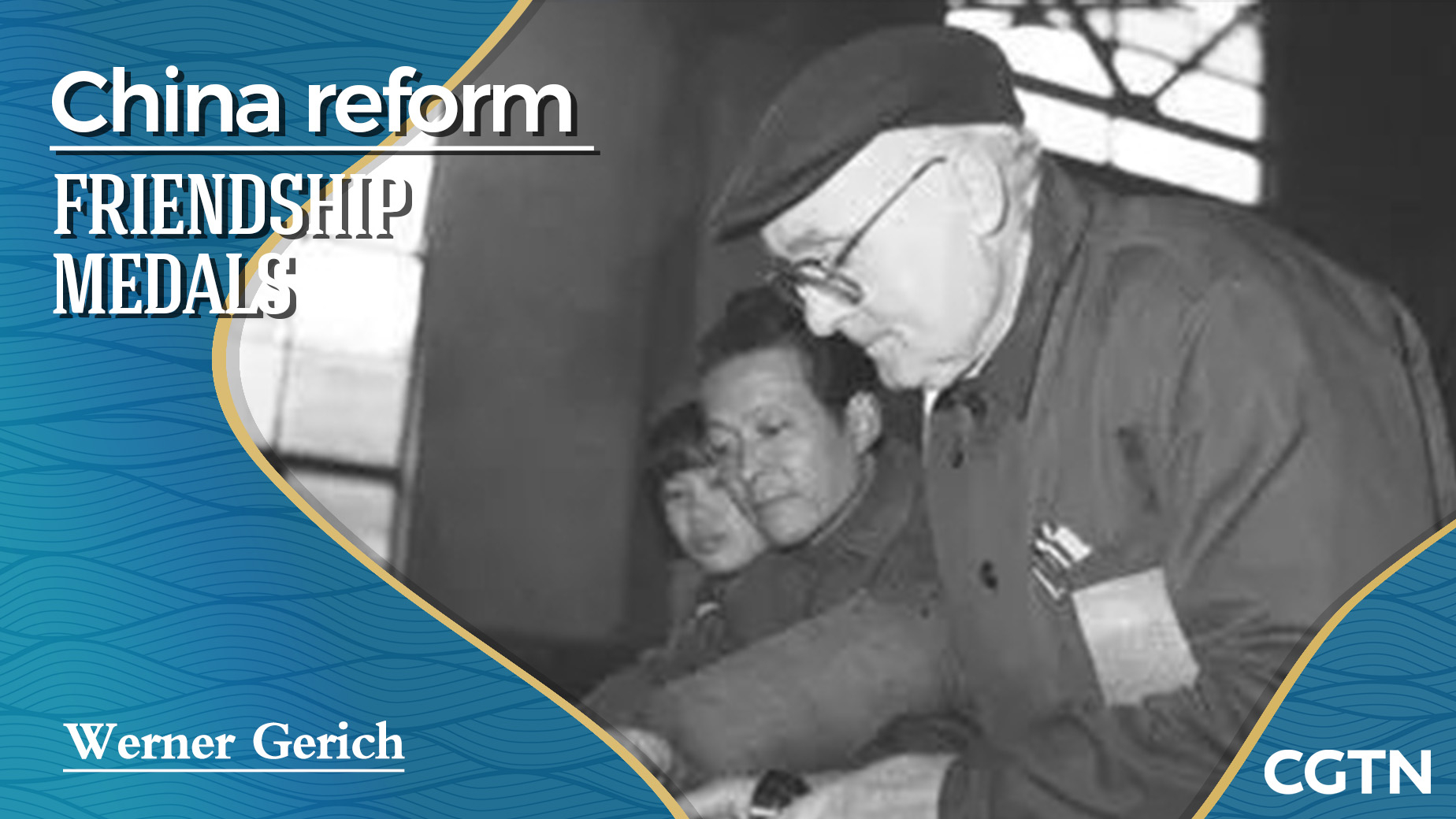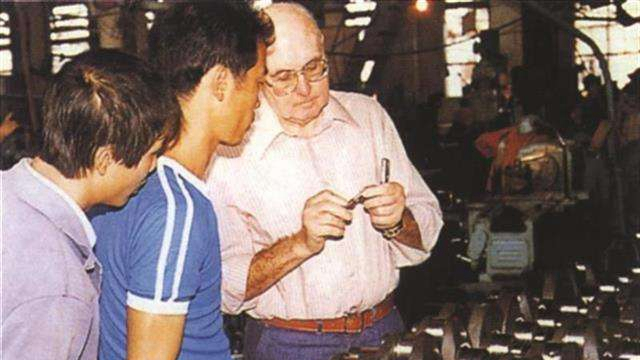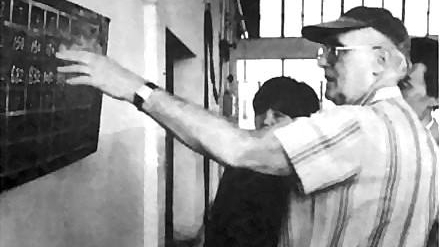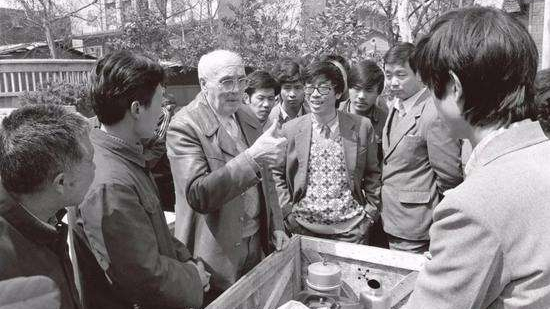
China
14:22, 18-Dec-2018
China Reform Friendship Medal Recipient: Werner Gerich, first foreign head of Chinese SOE
Updated
14:09, 21-Dec-2018
CGTN

German engineer and technical consultant Werner Gerich was awarded the China Reform Friendship Medal at the conference celebrating the 40th anniversary of the country's reform and opening-up in Beijing on Tuesday.
Against a wide green lawn in the Chinese city of Wuhan lies a majestic bronze bust inscribed with the name of Werner Gerich – the third German, following Karl Marx and Friedrich Engels, to be so honored in China.
In August 1984 when China's reform and opening-up policy was sweeping across the country, Gerich was dispatched as a consultant on assembly and quality control to a state-run diesel motor factory in Wuhan. In a mere three months he took over as factory director and became the first foreign head of a Chinese state-owned enterprises (SOE) since the reform and opening-up began.
He died in his hometown 15 years ago but his name will be forever imprinted in the hearts of the Chinese people on account of his close connections with the reform program.
Ride on the spring breeze of reform
Appointing a foreigner as a state-run factory's head was beset with difficulties in those days. Gerich's appointment caused a great flutter at the time, and people outside the country believed that this was "a stunning example of news and success" in China's reform and opening-up process.
In the same year Gerich arrived in Wuhan, the city became a pilot city for comprehensive reform of the national economic system.Previou



Wuhan's diesel engine plant was the birthplace of China's first small walking tractor under the country's planned economy. Like many other state-run enterprises at that time, the factory lacked awareness of product quality, yet the "big-pot" (egalitarianism in Chinese) distribution system and poor production efficiency made a great clamor.
In his inaugural speech, Gerich said, "The main purpose of my stay in Wuhan is to help the city produce high-quality diesel motors. That's all I've wanted."
He hoped all the employees in the factory would take him as a companion and make concerted efforts to manufacture quality diesel motors with long service life via existing equipment and modern management.
Local government officials showed strong support for Gerich, insisting that "all the lawful reforms are allowed."
A demanding 'workaholic'
In order to sweep away the lingering chaos and disorder, Gerich, who was over 60, worked around the clock to rectify things with great enthusiasm, from 4:00 a.m. to 6:00 p.m.
At that time, a mountain of meetings in the factory invaded daily working time. In response, Gerich suggested that the overriding task during working hours should be production and forbade all meetings without his permission. He also demanded that cadres at all levels spend 90 percent of their time inspecting the workshop instead of sitting in the office.
Gerich believed that efficiency could be improved only by downsizing the number of staff. He then overrode all objections to implement a structural wage system, paying workers according to their performance.
On November 4, 1986, Gerich retired.
In his two years as director, a run-down factory regained its vitality and vigor via drastic reforms, with its diesel motors sought after by seven countries in Southeast Asia, earning millions of U.S. dollars.Prev

SITEMAP
Copyright © 2018 CGTN. Beijing ICP prepared NO.16065310-3
Copyright © 2018 CGTN. Beijing ICP prepared NO.16065310-3